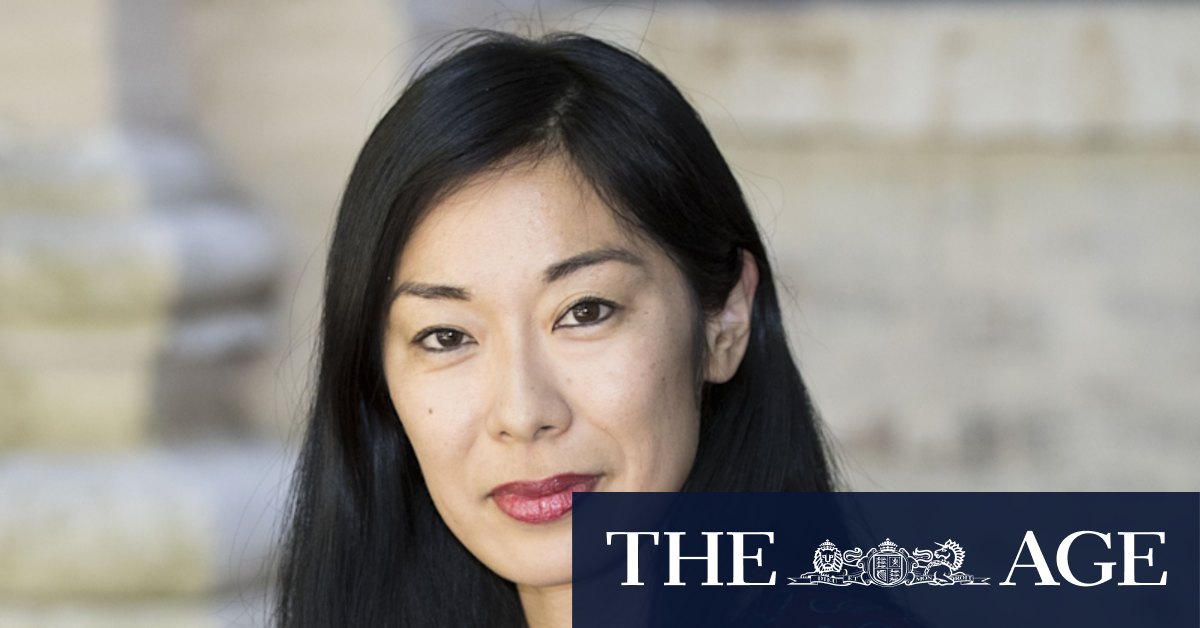NewsBeat
Katie Kitamura’s Audition explores the dark embers of the psyche

For the rest of this part of the book – act one, shall we say – we are guided through the woman’s interiority as she juggles this new intrusion alongside ruminations on the other issues in her life: a new play she is struggling with, and her unsatisfying marriage to her husband, Tomas.
In all three novels – A Separation, Intimacies, and now, Audition – the narrators’ lives are interrupted by male influence. We observe them being destabilised by the actions of men they love. Yet our latest heroine is not a casualty of her partner’s dauntless libido. She is not as passive as she might at first seem.

In Audition, Katie Kitamura again unravels the demands placed on women.Credit: Primo Barol
For years, I have struggled to explain why I, like so many other readers, have been so enraptured by Kitamura’s heroines. Perhaps it is that I see my own cerebral disposition – and sometimes, my own cruelty – so clearly reflected on the page, with such hyper-awareness, such tenderness.
They perceive, rather than are perceived. They deceive because it is often their only path to power. In between, her narrators are always interpreting; it is part of their job. In A Separation, she is a translator; in Intimacies, she’s an interpreter at the International Criminal Court; in Audition, she is an actor. All roles require them to disappear into the job.
In disappearing, they transfigure into their own puppet-masters, choreographing every small gesture, analysing every exchange as a chance to peek inside the “private architecture” of someone else’s mind. And yet, still – everything eludes her. She is never certain about anything.
Kitamura’s narrative ambiguities continue in Audition, with the second half of the novel reconfiguring our three main leads. This time, the young man is her adult son, a struggling film student who decides to implant himself back into the family home to save money while working as an assistant for a well-known director.
Loading
In this parallel universe, our narrator contemplates the challenges of living with an adult child. His presence is both comforting and foreign. For years, it had just been her and her husband. Now, her child has re-entered their marriage, flinging doubts about her role as his mother. Stunningly, she observes a change in her husband, too. In one scene, he is thoughtfully laying out a spread of fine foods for their son and his girlfriend. I flinched, almost wanting to look away from the page. I could sense the narrator’s own repulsion at witnessing her husband, the father to her son, serving the food to these young intruders with such affection and care.
Suddenly, we’ve entered a chamber drama, unfolding with the tense brittleness of a psychological thriller. Kitamura conveys interpersonal drama so deftly – exposing the unspoken shifts in relationships, the dark embers of our psyche.
By the end, we are left with more questions, more unspoken truths, or untruths. I closed the book and asked myself: “What was this book all about?” Days later, I realised the question was not fit for the book Kitamura had written.
The Booklist is a weekly newsletter for book lovers from Jason Steger. Get it delivered every Friday.
